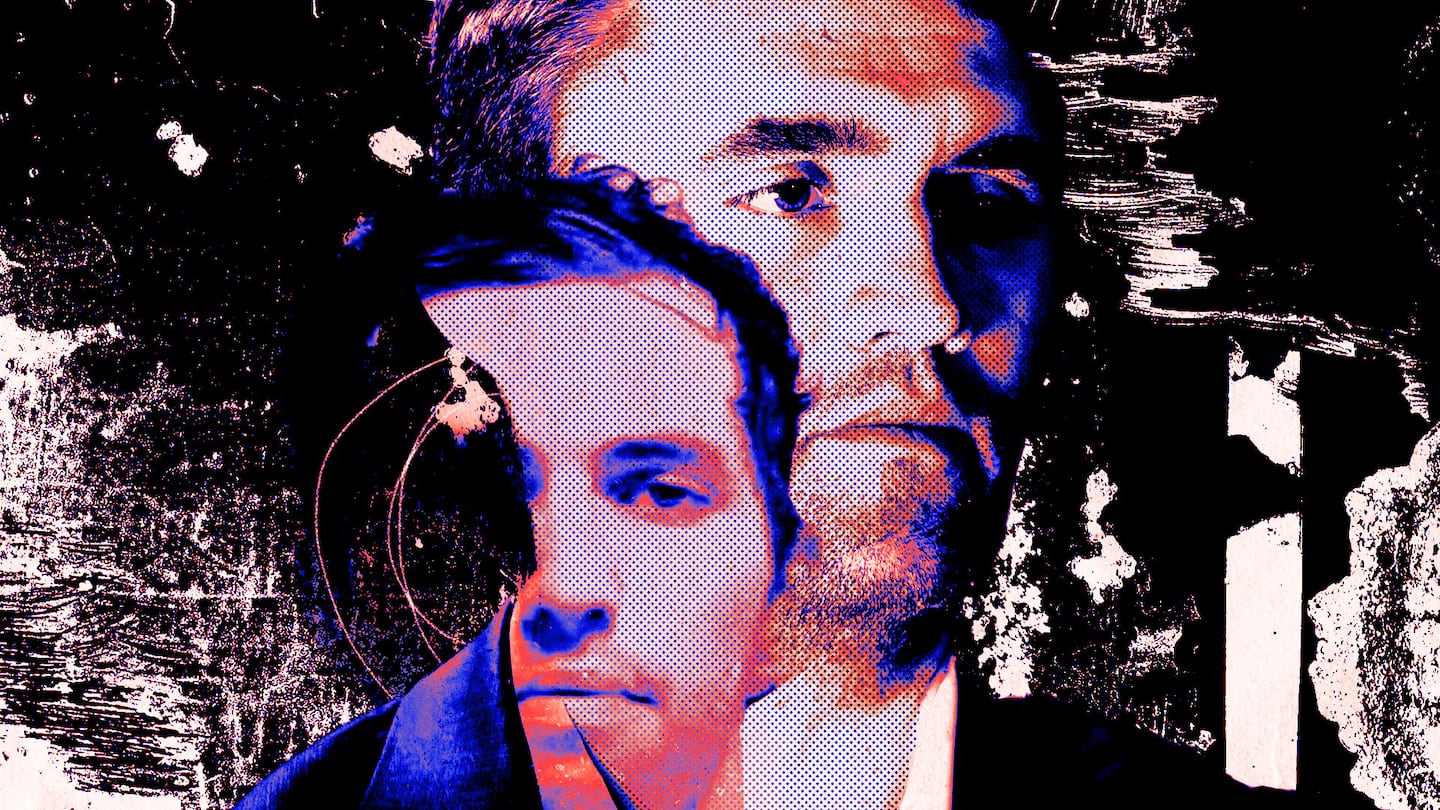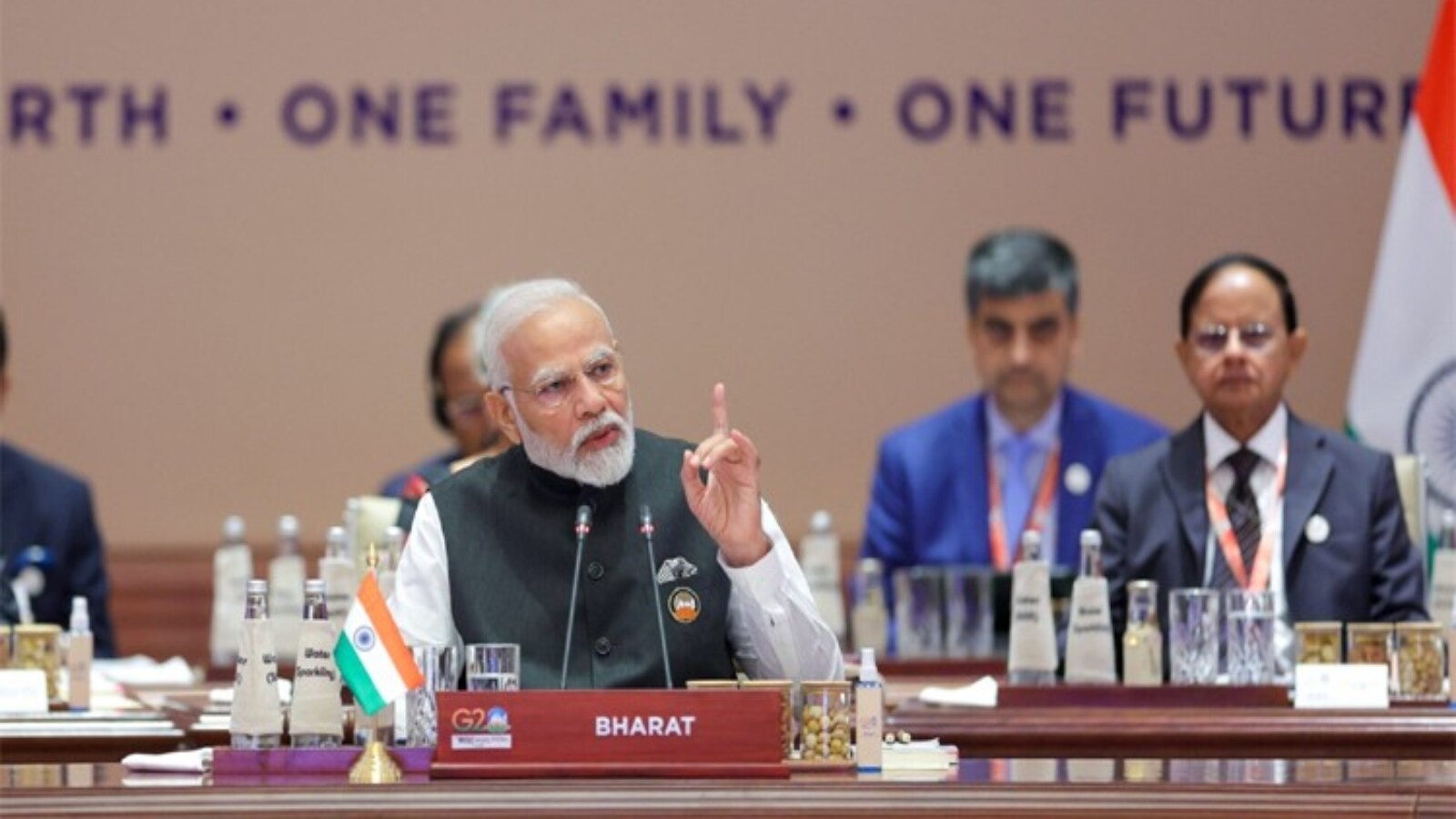
Mattia Ferraresi is a writer at the Italian newspaper Domani.
Charlie Kirk’s assassination was swiftly interpreted as “political violence” — and at first glance, it’s hard to see it any other way. Kirk was arguably the most successful political activist of his generation and a central figure in the construction of the MAGA world. His brutal demise is inherently political, and its consequences will reverberate through US public life.
But that isn’t the only way to view this tragedy. Kirk’s shooting may not be an act of political violence at all, but something more ominous altogether. It is yet another case of a troubled young man channeling hidden frustrations at a public figure whom algorithms had likely trained him to hate. Based on what we know so far, the alleged shooter, 22-year-old Tyler James Robinson, acted alone and had no clear plan to target Kirk in particular. There is no sign of an organized strategy or a defined political objective.
Get The Gavel
A weekly SCOTUS explainer newsletter by columnist Kimberly Atkins Stohr.
Enter Email
President Trump and his allies quickly pointed to supposed ties between the shooter and radical left ideology. But the words and symbols he engraved on unused bullet casings were a muddled hodgepodge of antifa slogans and inside jokes from online subcultures. An explicit promise to strike at fascists and a reference to the Italian song “Bella Ciao” — an international anthem of antifascist resistance — appeared alongside a video-game command, a crude joke, and a quip intelligible only to members of a niche anime community obsessed with anthropomorphic animals.
Advertisement
As Elle Reeve, a CNN journalist who covers online extremism, has written: “Be careful trying to decipher the true political beliefs of people wrapped in so many layers of irony they’re not sure of their own true beliefs.” Andrew Tate, the loudest voice in the manosphere, called for a sweeping investigation and merciless retribution against every influence in Robinson’s online diet. In this case, that would apparently mean prosecuting the entire community of fans of the “Helldivers 2” video game — which likely includes many of Tate’s admirers.
Advertisement
The line between a political killer and a troubled young man overwhelmed by the constant triggers of online life is dangerously thin. Those who knew Robinson describe him as a stellar student with striking intellectual gifts — but also an introverted, extremely online teenager who, at a fragile stage of adolescence, encountered radical political ideas that clashed with his family’s beliefs. Some friends say his views grew more extreme in recent years. We don’t know — and may never know with full clarity — what finally pushed him over the edge, but chances are the primary impulse was not ideological.
“I know some people won’t like to hear this, but I think the main problem here isn’t this killer’s ideology,” wrote Noam Blum, a journalist and an expert on online culture. “It’s that the internet radicalizes people to do increasingly greater violence on a scarily regular basis and nobody really knows what to do about it.”
Recent incidents of political violence invite quick partisan readings, with symbols of white right-wing extremism in some cases and antifa slogans in others. Yet these markers are almost always mixed with cultural and existential currents that are far harder to parse. Robinson’s story, as it is emerging in these early days of the investigation, bears similarities to those of other attackers who targeted political figures without pursuing a coherent political plan. Trump’s would-be assassin in Butler, Pa., was a registered Republican who monitored the public appearances of several politicians, including Joe Biden.
Advertisement
Assassins’ manifestos are usually little more than incoherent mash-ups, far from anything resembling a coherent political vision. Scrutinizing shooters’ supposed ideological backgrounds rarely clarifies their motives. Each case has unique features, but the pattern that emerges defies the traditional definition of political violence, where attacks are deliberately organized to advance an agenda or sow fear and social instability in order to achieve specific goals.
In an effort to classify this phenomenon, the FBI and Justice Department recently coined the term nihilistic violent extremists. The label uses the philosophical notion of nihilism as a broad umbrella to describe individuals with a “preoccupation with themes of violence, hopelessness, despair, pessimism, hatred, isolation, loneliness, or an ‘end-of-the-world’ philosophy,” all of which abound in the darker corners of the internet, where paranoia and radical ideas are amplified but rarely coalesce into a defined ideology or coherent political project.
Whatever lies behind the Kirk assassination, those looking for clues to the larger trend will find more, say, in Jonathan Haidt’s writings on the anxieties of the online generation than in Saul Alinsky’s handbooks on political organizing. The sheer availability of firearms makes all of this both incredibly dangerous and alarmingly frequent. Paradoxically, the Kirk assassination should be read as part of a broader decline in political violence — at least in the traditional sense of the term. What it reveals instead is a darker and more troubling reality.
Advertisement



